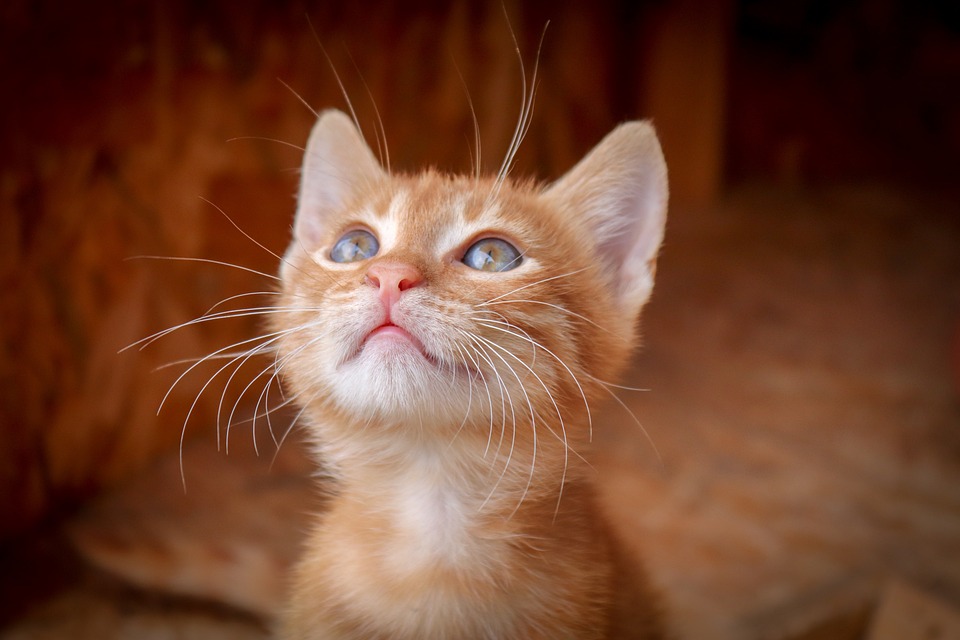Gastrointestinal problems are common in kittens, especially those with sensitive digestion. These issues can cause discomfort and distress to the kittens and can be a cause of concern for cat owners. In this article, we will explore the common gastrointestinal problems in kittens with sensitive digestion and discuss ways to address and manage these issues effectively.
One of the most common gastrointestinal problems in kittens is diarrhea. Diarrhea can be caused by various factors such as dietary changes, infections, parasites, or food allergies. It is important for cat owners to be aware of the symptoms and signs of diarrhea, such as loose or watery stools, increased frequency of bowel movements, and dehydration. If diarrhea persists for more than 24 hours or if the kitten shows signs of distress, it is crucial to seek veterinary assistance.
Vomiting is another gastrointestinal problem that kittens with sensitive digestion may experience. The reasons behind vomiting can range from dietary indiscretion to more serious conditions such as gastrointestinal obstructions or infections. Cat owners should pay attention to potential triggers for vomiting, such as certain foods or environmental factors. Preventive measures, such as feeding smaller meals more frequently and avoiding trigger foods, can help manage vomiting episodes.
Constipation is also a common issue in kittens with sensitive digestion. Kittens may experience constipation due to dietary factors, dehydration, or stress. Signs of constipation include straining during bowel movements, dry and hard stools, and decreased appetite. Cat owners can promote regular bowel movements in kittens by making diet and lifestyle changes, such as increasing fiber intake and ensuring adequate hydration.
Food allergies and intolerances can also contribute to gastrointestinal problems in kittens with sensitive digestion. Identifying common allergens and trigger foods, such as certain proteins or grains, can help cat owners manage these issues. Implementing an elimination diet, under the guidance of a veterinarian, can help identify problem ingredients and allow for the selection of suitable alternatives for the kitten’s diet.
When addressing gastrointestinal problems in kittens, it is crucial to consult with a veterinarian. A veterinarian can provide accurate diagnosis and recommend appropriate treatment options. Follow-up visits and monitoring are necessary to ensure the effectiveness of the chosen management plan.
Diet modifications can also play a significant role in managing gastrointestinal problems. Choosing the right kitten food for sensitive digestion and transitioning to a new diet gradually can help alleviate symptoms. Some cat owners may also explore alternative feeding options such as raw or homemade diets, under the guidance of a veterinarian.
Probiotics and digestive supplements can also be beneficial for kittens with sensitive digestion. Probiotics promote a healthy gastrointestinal system by restoring the balance of beneficial bacteria. It is important to select suitable probiotics and supplements formulated specifically for kittens and incorporate them into the kitten’s routine for optimal digestive health.
Stress can also impact a kitten’s digestive system. Creating a calm and comfortable environment for the kitten and implementing stress-reducing techniques and activities, such as interactive play and providing hiding spots, can help alleviate gastrointestinal problems.
In conclusion, gastrointestinal problems in kittens with sensitive digestion can be effectively managed through a combination of veterinary guidance, dietary modifications, probiotics, and stress reduction techniques. By understanding the common issues and implementing appropriate measures, cat owners can help their kittens lead a healthy and comfortable life. Remember to consult with a veterinarian for personalized advice and guidance tailored to your kitten’s unique needs.








